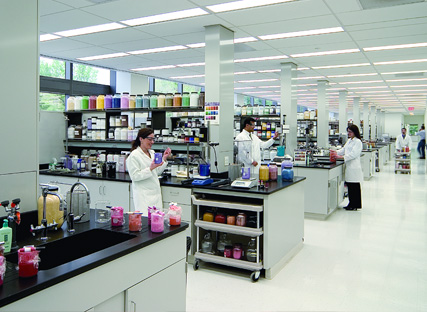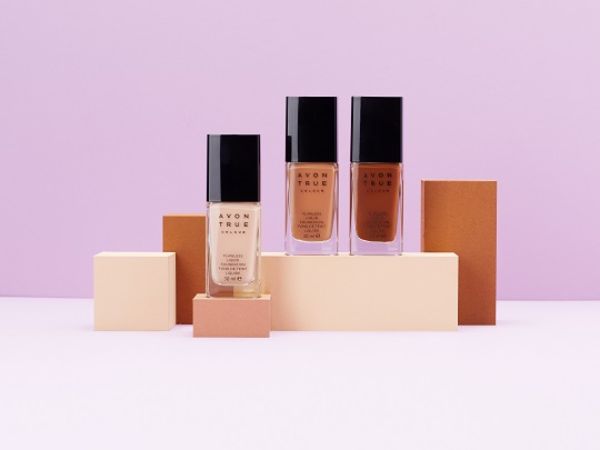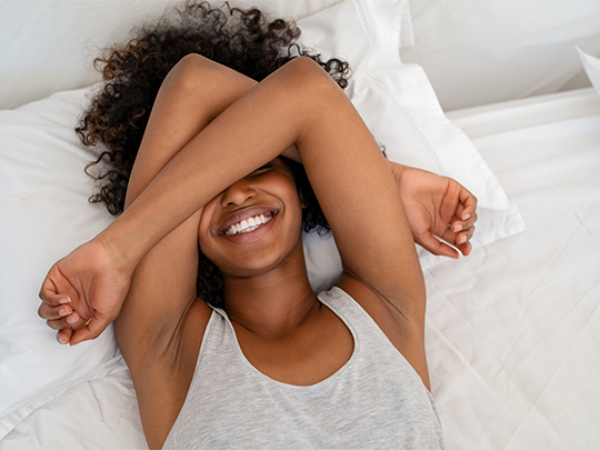The future of beauty in a post-pandemic world
As the world recovers from the onslaught of Covid, our team of experts and scientists delve into the beauty trends that have emerged from the pandemic, take a deep dive into the data supporting them and consider the future direction for the beauty industry in a post-pandemic world.
From DIY spas and authentic ageing, to skinimalism, we reveal the beauty trends born in the pandemic that are now here to stay.*

At home sensory treatments here to stay
We saw a visible rise in at-home treatment products such as massage products, cleansers and bath additives in 2020, as a result of the social restrictions depriving us of so many sensory experiences we previously took for granted.
With salons re-opening world over, a short-term spike and ‘revenge spend’ is expected in professional treatments. But with the increase of consumer know-how, the quality of home products and with digital experimenting made easier, infusing luxury into our everyday routine is here to stay.
The end of anti-ageing
According to Avon’s research, 2 in 5 women aged 55+ don’t consider wrinkles and fine lines as one of their biggest skin insecurities anymore. In many cases the pandemic has highlighted the fragility of life and attitudes to ageing have shifted considerably. People are appreciating now more than ever that ageing is a gift, and attitudes to ageing as a beauty concern have changed accordingly.


Beauty shopping goes digital
Digital transformation is not a new concept for the beauty industry, but it has now become a priority. With 44% of women saying they find it difficult to find a colour match when buying make-up or cosmetics, app-based colour match, hair match, and foundation match services are on the rise. While the closure of stores during various lockdowns made this impossible in person, the industry has recreated this experience in a digital environment, and it seems that consumers are just as enthusiastic about experimenting and playing online as they are in person, with digital foundation-matching in particular being one to watch.
Vibrant colour makes its comeback
Pre- and mid-pandemic a polarisation in make-up trends had been evident. With mask wearing the norm worldwide, we saw lipstick sales drop significantly in 2020, with 67% of women saying the pandemic allowed them to embrace a more natural look. However, the report provides a counterpoint too; an anticipation of the return of joy and fun in cosmetics, with the much-discussed ‘roaring 20s’ effect.

'Skinimalism’ to reign supreme
According to our report, only 10% of women now use more than five daily skincare products, with 64% of women using no more than three. Complicated skincare sequences using multiple, single-function products have been prevalent for the last decade, but a longer-term trend is on the horizon. Rather than a complex, time-consuming – not to mention costly - regime of applying a series of products, there is a return to the use of fewer, but multi-functional, products.


Science is our saviour
With the future of the world’s health under continuing threat from Covid, the development and deployment of an effective vaccine has seen scientists emerge as the greatest heroes. The trust in scientists and researchers has risen, with 64% of the public now more likely to listen to their expert advice.
Having seen how science delivers, and the rediscovered respect for it, we expect a boom in skincare products that demonstrate evidence-based effectiveness with science at their core.
Want to know more? Read the full report
* All data references highlighted on this page are available in full in the report above


